KEY TAKEAWAYS: Derek Tsang’s Masterclass: The Global Perspective Method
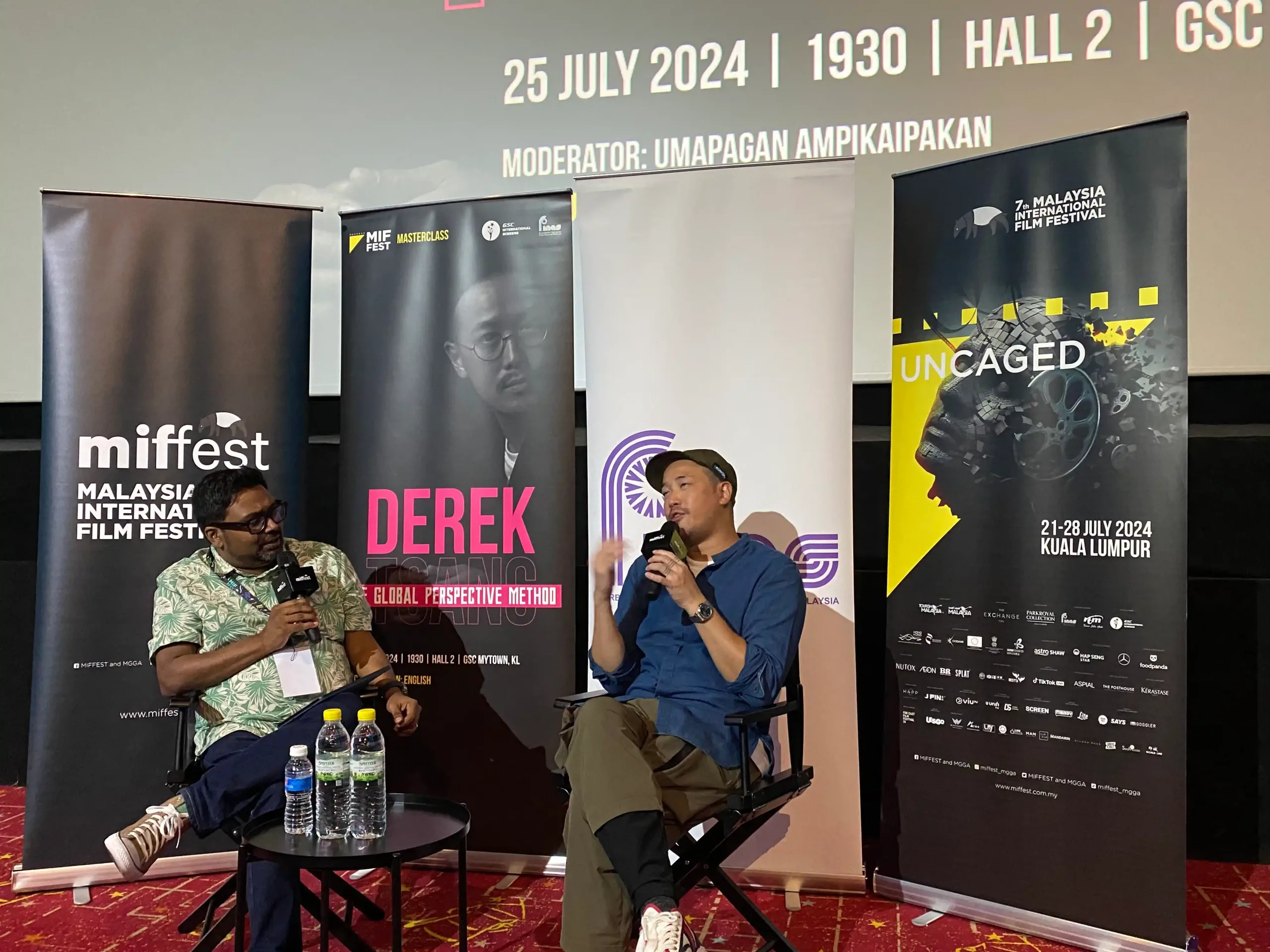
Umapagan Ampikaipakan and Derek Tsang.
SPEAKER(S)
Derek Tsang
Derek Tsang Kwok-cheung is a Hong Kong filmmaker and actor. The son of actor Eric Tsang, Tsang got his start in the Hong Kong film industry working for director Peter Chan after graduating from University of Toronto Scarborough in 2001. He made his acting debut in Men Suddenly in Black (2003) and directorial debut with Lover’s Discourse (2010), sharing the directing credit with Jimmy Wan Chi-man. The duo was nominated for the Golden Horse Award for Best New Director at the 47th Golden Horse Awards.
Derek Tsang, an acclaimed filmmaker from Hong Kong, has built a remarkable career in both the Chinese and international film industries. Starting from the ground up, Tsang’s journey reflects resilience, adaptability, and an unwavering dedication to storytelling. His experiences, captured in a recent masterclass, provide a deep dive into the challenges and triumphs of working across different film markets, from Hong Kong to Hollywood, and his evolving approach to creating impactful films.
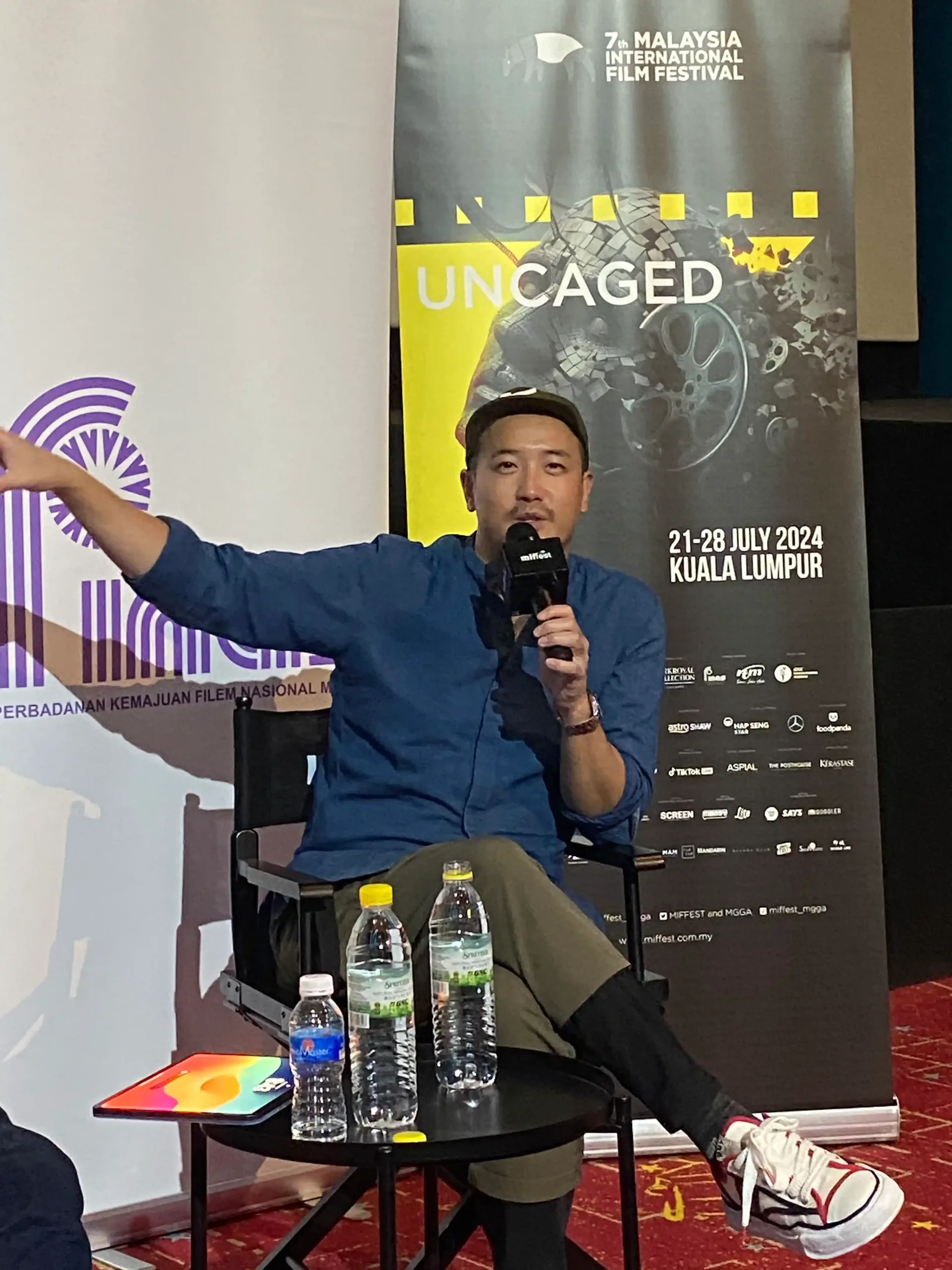
Derek Tsang.
Early Career: From Intern to Director
Tsang’s path to becoming a renowned filmmaker began with humble beginnings. As a young intern in the Hong Kong film industry, he performed menial tasks such as delivering food and photocopying scripts. However, his passion for filmmaking was unwavering. Under the mentorship of Peter Chen, a respected director, Tsang gained invaluable experience that eventually led him to work as a script supervisor—a role that allowed him to witness the creative process up close.
Reflecting on his early days, Tsang noted the significant differences in responsibilities between script supervisors in Hong Kong and the United States. In Hong Kong, the role was entry-level, whereas in the U.S., script supervisors hold more authority and influence on set. This experience taught Tsang the intricacies of film production, shaping his understanding of the industry’s demands and expectations.
Transitioning Between Film Markets: Hong Kong, Mainland China, and Hollywood
One of the key aspects of Tsang’s career is his ability to work in diverse film environments. He acknowledges the stark differences between the Hong Kong, Mainland China, and Hollywood film industries. Hong Kong, though part of China, operates with distinct cultural nuances, while the expansive Chinese market offers filmmakers a larger canvas to explore varied stories, characters, and settings. Tsang describes working in Mainland China as both humbling and eye-opening, particularly when filming “Better Days” in Chongqing, a city with a unique culture and dialect.
The shift to Hollywood came unexpectedly after “Better Days” received an Oscar nomination. This recognition brought Tsang international attention, and soon, Hollywood producers were knocking on his door. He was invited to direct episodes of the Netflix series “The Three-Body Problem”. However, working on a big-budget American production presented its own set of challenges. Tsang had to adapt to the hierarchical structure of Hollywood, where multiple stakeholders influence creative decisions, a stark contrast to the creative freedom he enjoyed in Hong Kong and China.
Despite these challenges, Tsang viewed the experience as a valuable learning opportunity. The collaboration with experienced Hollywood producers and writers expanded his perspective, although he admitted it was difficult at first to adjust to the new dynamics. Tsang’s ability to navigate between these worlds reflects his versatility as a filmmaker, and his openness to learning from each experience has helped him grow in his craft.
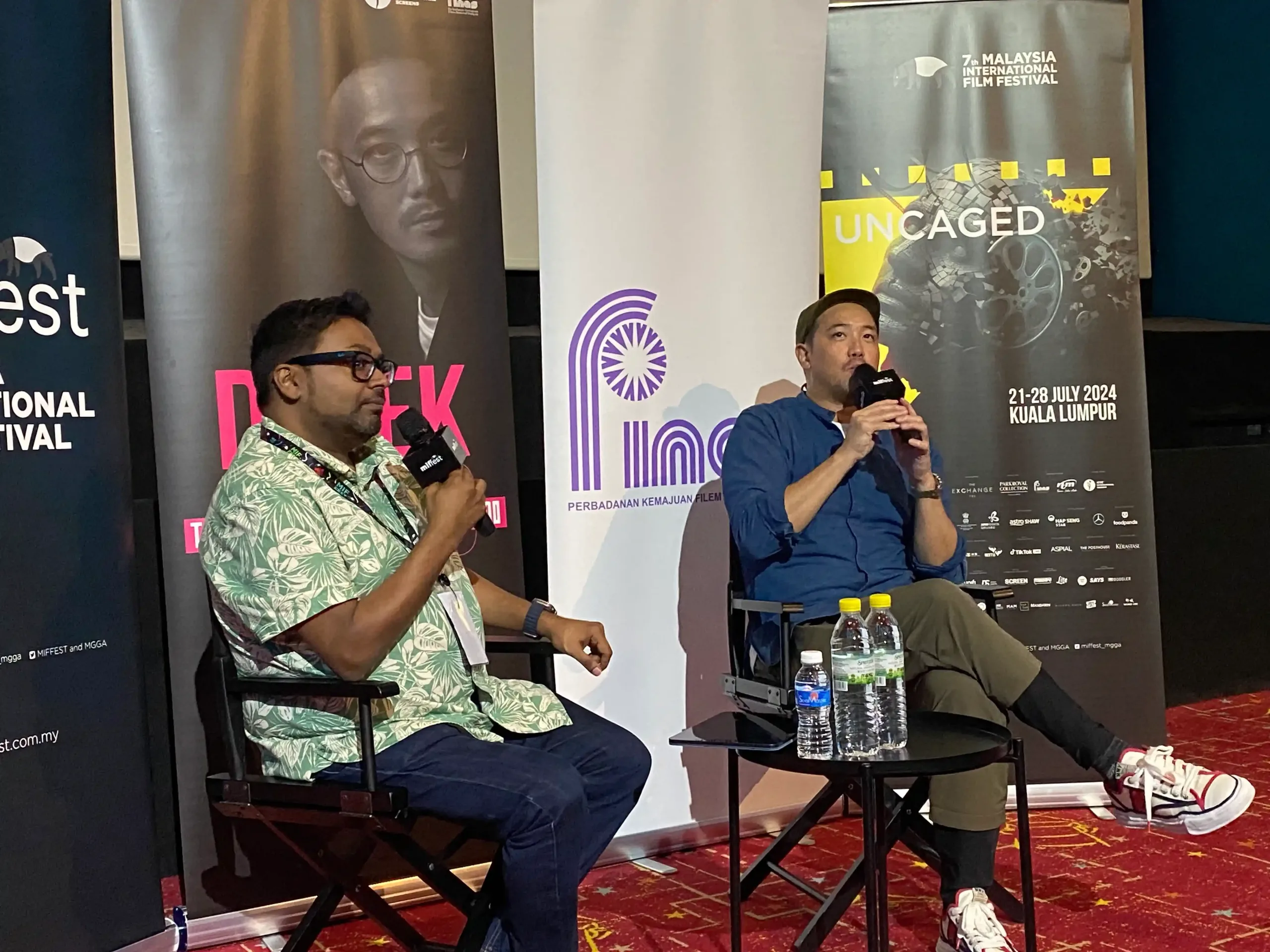
Derek Tsang.
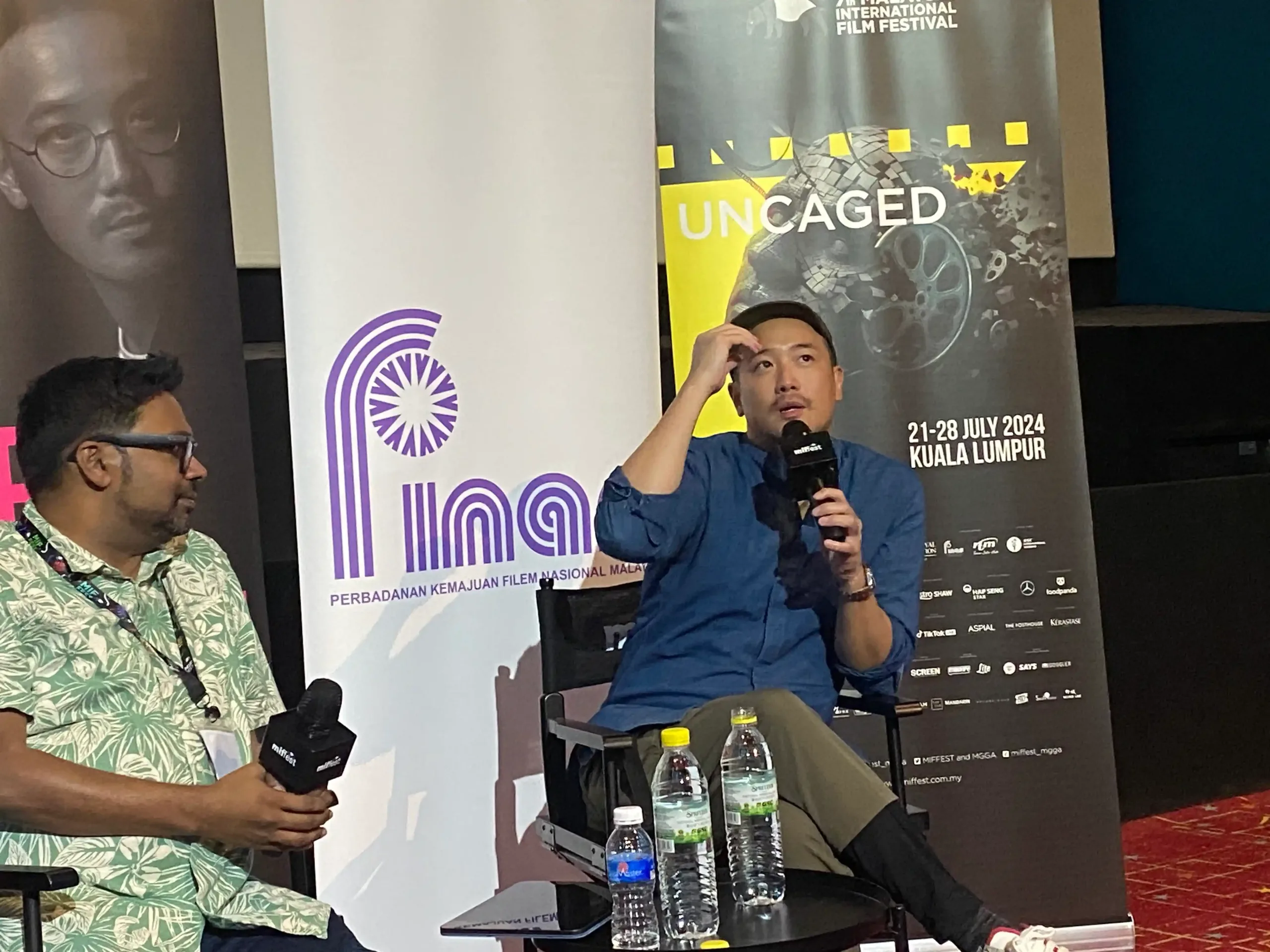
Derek Tsang.
Creative Vision and Navigating Censorship
One of the defining aspects of Tsang’s filmmaking is his commitment to telling emotionally resonant stories. Whether exploring the pressures of high school exams and bullying in “Better Days” or tackling more complex themes in his Hollywood projects, Tsang prioritises narratives that evoke a deep emotional response. He believes that the power of storytelling lies in its ability to connect with audiences on a human level, transcending cultural boundaries.
However, working in the Chinese film industry also comes with the challenge of navigating censorship. Tsang recounted the extensive process of editing “Better Days” to comply with Chinese censorship regulations, particularly cutting down a pivotal scene involving high school bullying from four minutes to just over one minute. While this process was challenging, Tsang praised the film board for their willingness to work with filmmakers to bring important stories to the screen. He emphasised that while censorship can feel restrictive, it can also encourage creativity by forcing filmmakers to think outside the box.
Tsang also discussed the broader limitations filmmakers face in any industry, including Hollywood. While censorship in China may seem more direct, he pointed out that filmmakers in the U.S. also operate within certain boundaries, whether due to commercial interests or industry norms. In his view, every film market presents its own set of challenges, but these limitations can foster creativity and innovation.
The Power of Storytelling
At the heart of Derek Tsang’s career is his dedication to storytelling. He chooses projects based on how deeply they move him as a filmmaker, regardless of where the story is set or the market it is intended for. Tsang’s philosophy is simple: great stories resonate with people, no matter where they come from. This belief has guided his approach to filmmaking, allowing him to create films that not only entertain but also leave a lasting emotional impact on viewers.
One of the most profound examples of Tsang’s storytelling is “Better Days”, which tackles the harsh realities of bullying in China’s high-pressure educational system. The film’s success, both commercially and critically, is a testament to Tsang’s ability to tap into universal themes of human struggle and resilience. The film was not only a hit in China but also gained international recognition, including an Oscar nomination for Best International Feature. Tsang attributes the film’s success to its relatable themes, as bullying and academic pressure are issues faced by students worldwide.
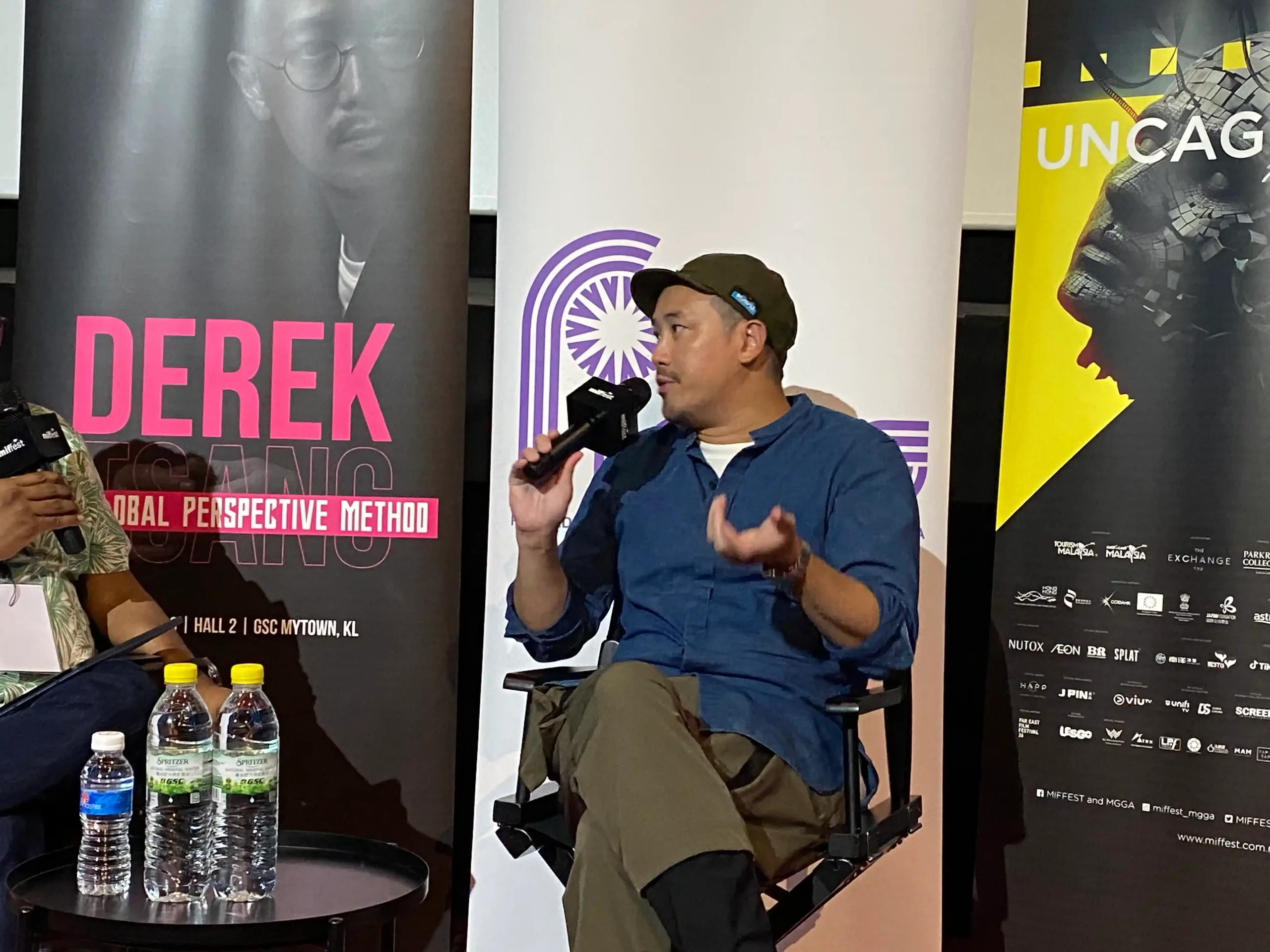
Derek Tsang.
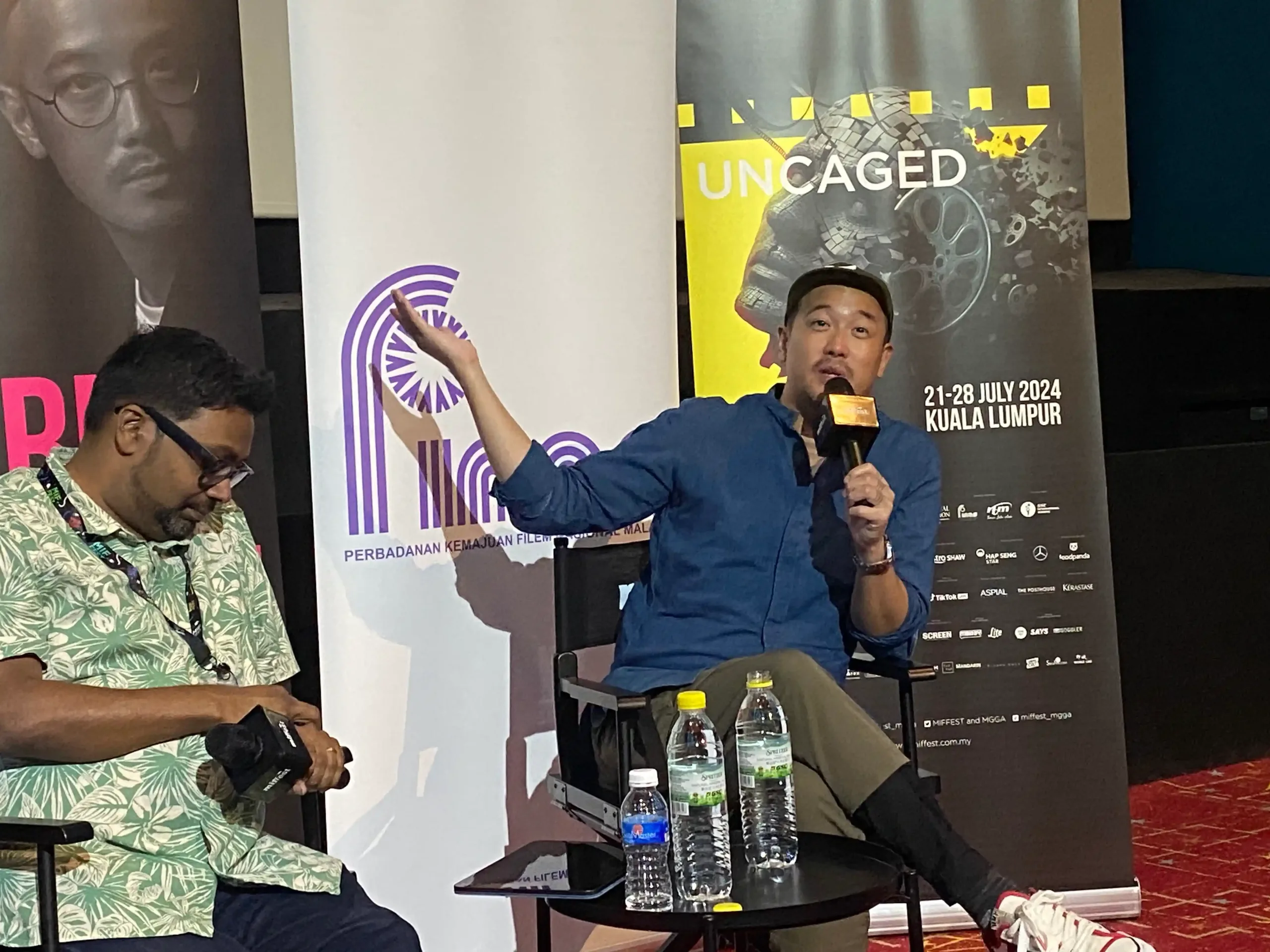
Derek Tsang.
Looking Ahead: Bridging East and West
As Tsang continues to expand his career, he is optimistic about the future of Asian storytelling in global cinema. He recognizes the growing interest in authentic Asian narratives, especially in Hollywood, where filmmakers are increasingly seeking diverse voices and perspectives. Tsang credits trailblazers in Korean cinema for paving the way for more Asian stories to be told on the global stage.
Tsang is also excited about the opportunities that lie ahead in Mainland China, which he sees as a fertile ground for storytelling. The country’s vast landscape and diverse culture offer endless possibilities for filmmakers to explore new narratives. While Tsang remains committed to making films in China, he also expresses a desire to continue bridging the gap between East and West, creating films that resonate with audiences around the world.
Derek Tsang’s journey as a filmmaker is marked by his ability to adapt, learn, and grow in an ever-evolving industry. From his early days as an intern to his current status as an Oscar-nominated director, Tsang has navigated the complexities of different film markets with grace and determination. His dedication to telling emotionally powerful stories has made him a standout voice in global cinema, and his work continues to inspire audiences worldwide.









